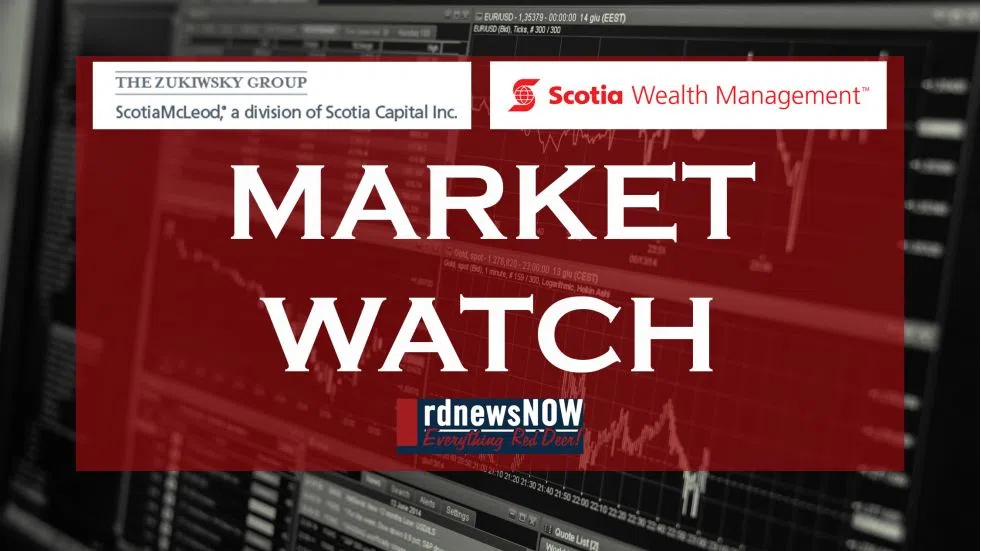
Market Watch – Mar. 22, 2019
Big Picture
Fed Holds Steady, No End in Sight to Trade War
The Federal Reserve held its benchmark interest rate steady Wednesday, with a majority of Fed officials signaling they might not hike rates at all this year. The central bank also said that it would slow the rate at which it is unwinding its $4 trillion balance sheet. Officials added that the Fed would end its balance sheet runoff in September, as long as the economy and money market conditions stay on track. Following the Fed’s announcement, bond yields and the greenback declined, with the yield on the 10- year U.S. Treasury dropping to 2.56%–its lowest level in more than a year. While markets initially responded positively to the central bank’s guidance, stocks declined in later trading Wednesday as fears of a cooling economy resurfaced. While markets don’t like rising rates, the Fed’s dovish stance, leaving the federal-funds rate at 2.25-2.5%, leaves them little firepower should the economy falter again. Wednesday was also a clear reminder that investors should brace themselves for more volatility. Stocks had earlier fallen in midday trading Wednesday after President Trump vowed to keep tariffs on Chinese imports in place for a “substantial period of time,” even after a potential trade deal was in place. Negotiators from both countries have scheduled a new round of trade talks starting next week. While Fed officials painted a fairly healthy picture of the U.S. economy, the bond market has soured on Canada’s economic outlook versus the U.S. This week the spread between yields on 10-year government bonds in the two countries had grown to its largest level in nearly three decades–roughly 88 basis points–as Canada’s near-term growth prospects dwindle. This week a 10- year Government of Canada bond was yielding just 1.7%, a steep decline from its October 2018 level of over 2.5%. Canadian policymakers have little leeway to raise rates given the cooling economy, weak oil prices and highly indebted consumers. Finally, the British pound has fallen this week as concerns mount over the very real possibility of a no-deal Brexit.
Markets


